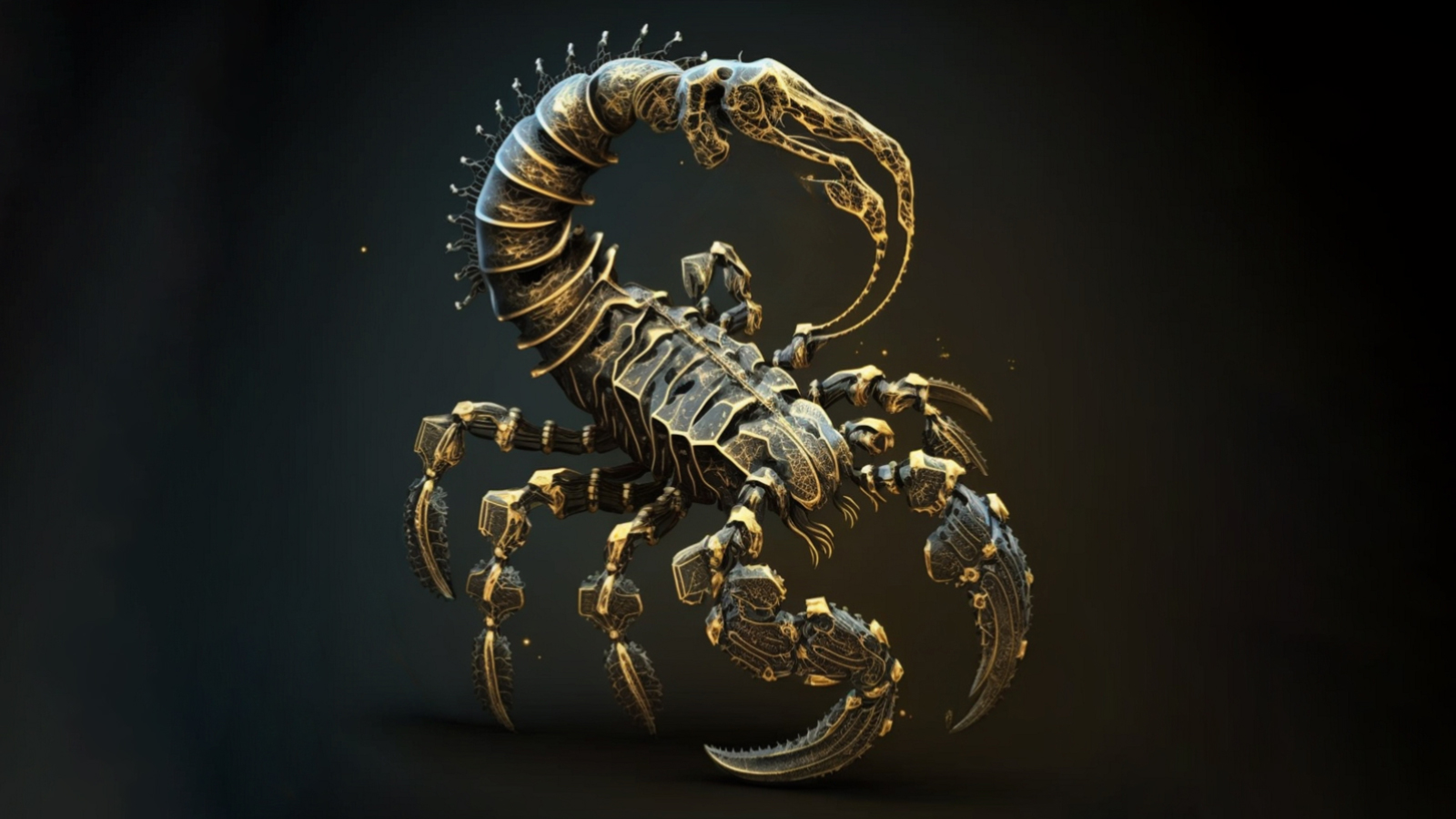Even by Italian Filmmaker Paolo Sorrentino's over-the-top standards, this ode to a beautiful young woman is dying of thirst
Beauty, we’re told, is in the eye of the beholder. There are some types of beauty that go beyond the subjective, however — the kind that stops traffic, turns modest men into Tex-Avery-style wolves and have entire feature films centered around them. This is the category that the title character of Paolo Sorrentino’s Parthenope falls into. She is named after the beguiling siren of Greek and Roman mythology, as well as the ancient handle for Sorrentino’s hometown of Naples. She is introduced emerging from the sea as if she were the second coming of Venus. She is played, from age 18 to 35, by Celesta Della Porta, a talented actor who also possesses an ability to effortlessly seduce cameras. She is meant to be the hero of what the Italian filmmaker — who once made a brilliant satire entitled The Great Beauty — calls his grand “feminine epic,” though Homer can rest easy in his grave, knowing that his competition in the epic ode business won’t be taking his crown today.
Waltzing around coastal Mediterranean landscapes that are almost as jaw-droppingly gorgeous as she is, Parthenope manages to cast spells over virtually every person she meets. Her childhood chum Sandrino (Daniel Aita) has pined for her since he was a boy. Her mercurial, melancholic fuckboi of a brother, Raimondo (Daniele Rienzo), is tortured by the fact that though he’s equally blessed by genetics, he can never possess her. (A colleague described this movie as the kind of drama in which a man is so angry that he can’t have sex with his sister that he has no choice but to shuffle off this mortal coil, and that colleague was not exactly incorrect.) Legions of heads swivel in unison when she passes by. During a hedonistic, and ultimately tragic weekend in Capri, a mystery man in a helicopter keeps inviting her for a clandestine rendezvous. Personally, Parthenope would rather sit and read books by her favorite author, the “alcoholic, depressed, marvelous” John Cheever. Or have lunch with the soused, stubbly old man (Gary Oldman) who keeps saying witty things and seems to have no carnal interest in her whatsoever. And who also happens to be — wait for it — John Cheever himself.
Editor’s picks
You welcome the stereotype of the romantic, drunk American author soaking up the joys of European self-exile and dropping cryptic, witty bon mots — “Beauty is like war: It opens doors.” Sure! — as it gives you a break from the cliché of a stunning ingenue wreaking hormonal havoc everywhere she goes. As she grows older, Parthenope begins to understand why Cheever notes that her mere presence is “disruptive,” yet she just wants to live in the world of knowledge. Some people, like the disfigured acting teacher (Isabella Ferrari) she visits when someone suggests she goes into the moving-pictures business, or the handsome gangster (Marlon Jourbert) who gives her a front-row seat to a warped Romeo & Juliet type of situation, distract her from this goal. Others, like the lecherous bishop (Peppe Lanzetta), seek to use her cerebral interests for a few quick sins of the flesh. Only her thesis professor (The Young Pope‘s Silvio Orlando) seems to encourage Parthenope regarding these academic pursuits. He, alone, gets here.
Or does he? Do any of us, really? Sorrentino is undeniably one of the greatest Italian filmmakers working today, and one of the last to keep that country’s cinema of the grotesque, the earthy and the extravagant — best summed up as “Felliniesque,” though our man Federico wasn’t the only artist practicing the trade; he simply perfected the aesthetic mix — alive and well. Coming off 2021’s highly autobiographical The Hand of God, the writer-director has pivoted to looking outward and attempted to craft a story about the struggle of a young woman forced to navigate a world which only sees her body in lieu of her soul. Della Porta certainly works overtime to show you that Parthenope is indeed more than just a pretty face. Yet her efforts keep getting undermined by Sorrentino’s own inability to get beyond the beauty himself. She is sought after by everyone around her, but no one tries to understand her. And while Sorrentino doesn’t claim to know Parthenope any more than we do, he doesn’t really try to understand her either. That would get in the way of worshipping a goddess.
Related Content

Gianni Fiorito/A24
Looking is one of the central, if not the central, pleasures of the movies, and has been since the days of Gish, Garbo and Valentino. There’s a difference between looking and leering, of course, and what starts as a tribute to the trials and tribulations of a ravishing female ends up being a monument to that ol’ bugaboo, the male gaze — a notion made all the more ironic by the fact that the extraordinary female cinematographer Daria D’Antonio shot the film. Sorrentino may also be exorcising some conflicting feelings about his birthplace, which is portrayed as a vulgar, crude place populated by crooks and hicks and photographed like its paradise. The protagonist’s name and her obsession with anthropology likely aren’t coincidental. Yet any hints of a higher, chinstroking purpose of that gets lost in the self-strokingness of it all, and even by Sorrentino’s mondo voluptuous standards (see: The New Pope‘s title credits), this is pushing his cinéma du va-va-voom to a new level of cringe. It’s a work of art dying of its own thirst.
When the vintage Italian starlet Stefania Sandrelli appears near the end as the older Parthenope, you can feel the sense that a baton is being passed from one generational screen beauty to another. To find the protagonist’s real ancestor, however, you’d have to look to the heroines played by Brigitte Bardot in the series of interchangeable films that came out in the wake of her international breakthrough And God Created Woman (1956). All of her characters were pursued, lusted after and more or less left wanting. The projects themselves started and stopped with “Bardot is gorgeous, young men go gaga, roll camera.” Parthenope wants to be a feminine epic. It’s really just an update of those Bardot arthouse skin flicks, Italian style. But it can take solace in easily being an early contender for the horniest movie of the year.

 3 hours ago
3
3 hours ago
3
















.png)

.png)
.png)
.png)













 English (US) ·
English (US) ·  Hindi (IN) ·
Hindi (IN) ·